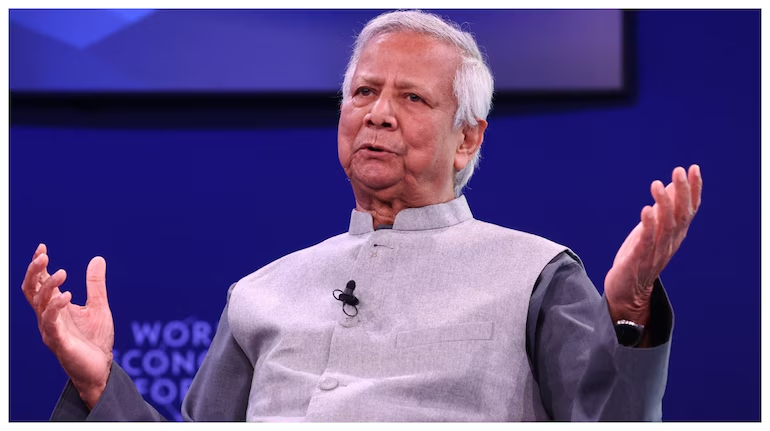Muhammad Yunus, the interim chief of Bangladesh’s government, is reportedly contemplating stepping down from his position due to increasing tensions with the military and a lack of political consensus following last year’s student-led uprising. According to reports from BBC Bangla, Yunus is frustrated with the inability of political parties to come together and work towards a common goal, making it difficult for him to effectively govern the country.
Nhid Islam, the head of the National Citizen Party (NCP), a student-led political group that emerged from the protests, met with Yunus recently and confirmed that the Nobel laureate is considering resignation due to the current state of instability. “Sir [Yunus] said the situation is such that he cannot work,” Islam told BBC. “Unless the political parties cooperate, he feels powerless.”
Yunus took on the role of Chief Adviser, essentially the prime minister, following the ousting of former PM Sheikh Hasina and the Awami League government after the student uprising in 2024. The Bangladesh Army played a significant role during the protests by not intervening and endorsing Yunus’s appointment, under pressure from the Students Against Discrimination (SAD) movement, now a part of the NCP.
However, recent reports suggest a growing divide between Yunus and the military leadership, which initially supported his transition. This rift adds to the already fragile interim setup, which has yet to secure broad political consensus.
Nhid Islam urged Yunus to remain strong for the country’s security and future, suggesting that resignation should only be considered if he no longer has the trust and support of the political establishment. “If political parties want him gone, and if he doesn’t have the trust to govern, then what’s the point in staying?” Islam questioned.
Muhammad Yunus, known for founding the Grameen Bank and winning a Nobel Peace Prize, took office with hopes of reforming Bangladesh’s political culture after a decade of unrest and accusations of authoritarianism under the Awami League. However, as tensions with the military and lack of cooperation from major parties continue to pose challenges, the future of the interim government and the roadmap to elections remains uncertain.

